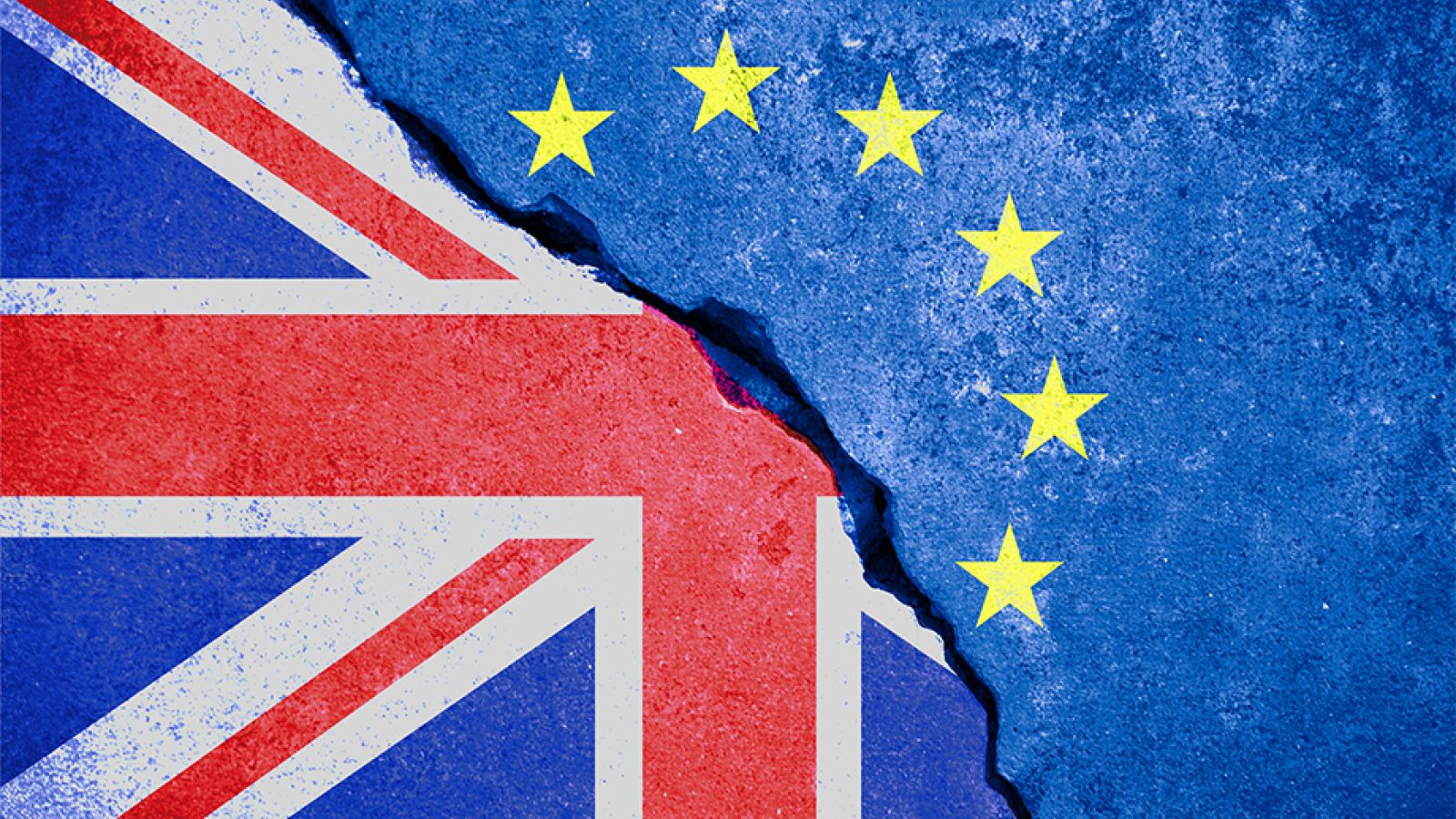Why is no one talking about Brexit anymore?

By donfiore / https://stock.adobe.com
Written by Dr Patrick Leslie, ANU School of Politics and International Relations
It’s a truism among British commentators that the United Kingdom’s decision to leave the European Union (EU) has been a disaster. From falling trade numbers to stunted growth, the economic story has been unambiguously negative. Added to that, there’s a real sense of loss of face in international politics and a crystallised sense of Britain’s reduced influence in the world.
For most ordinary Brits, the true cost has been felt in small but tangible ways. Queueing in line, which is not actually a favoured national pastime, is one example. And European holidays, when Brits can afford to take them, are now bookended by long and tetchy waits to clear customs into and out of EU member states – a not-so-small price to pay for bringing back traditional blue passports.
So, it has come as a surprise to many that the issue of Brexit, which has loomed so large for the past eight years, has made almost no appearance in the current UK election campaign. Looking at the parties’ manifestos, the salience of Brexit has dropped by half for Labour and by more than 80 per cent for the Conservatives.
This is because Brexit itself is not the cause of Britain’s economic and political problems, just a particularly prominent symptom.
You can trace Brexit’s genesis to both long-term and immediate causes. The long-term structural drivers of Brexit stem from the yawning poverty gap between Greater London and the English hinterland. Its immediate causes encompass the financial crash of 2008, austerity measures introduced by the Conservative government since 2010 and the successful (though untrue) characterisations of the EU focusing on hot buttons including immigration and a “balance of payments” deficit between London and Brussels.
From the mid-1980s onwards, UK prime ministers relied increasingly on two key levers for national prosperity: encouraging globalisation to boost economic activity and taking advantage of London’s unique position as the world’s clearing house for international financial services. This twin strategy lay in prioritising investment in London, then redistributing the wealth around the country.
After the financial crisis of 2008, the geopolitical and economic rationale for this plan disintegrated. While the government focused on holding the centre, London’s reduced capacity to provide for the rest of the country pushed the Conservative-led coalition government to pursue austerity measures that disproportionately hit the country’s regions. According to some analysts, this ultimately led to the shock Brexit result of 2016.
It is not Brexit, then, that is the issue – it is the failure of successive governments to imagine and invest in economic growth that does not depend only on the capital city.
For many, London can feel like it is a different country to the rest of the nation. And economically speaking, that’s true.
According to analysis by the Centre for Economic Policy Research, “the gap between London and the South East versus the rest of the UK is now larger than the gap between East and West Germany, or North and South Italy”. To those of us used to horizontal fiscal equalisation in Australia, such figures are shocking.
For the (almost certainly) incoming Labour Chancellor of the Exchequer, Rachel Reeves, the plan to fix the economy does not rely on drastic realignment of UK trade policy. Instead, the focus is on ensuring economic stability, the application of strict fiscal rules that limit overall expenditure and the introduction of modest state investment in renewable technologies and energy production.
It’s a doctrine Reeves has termed ‘securonomics’. Part of the plan accepts the need to diversify Britain’s economy, but this is not a new policy. A ‘Northern Powerhouse’ (Cameron) and a ‘Levelling-up agenda’ (Johnson) have both been key parts of previous governments’ pitches to the electorate, with very little real progress made.
What is more, Labour’s plan does not propose radical changes in any dimension. And while it’s certainly the case that Britain’s fiscal headroom has taken a battering through COVID and the less-important-but-far-more-embarrassing own goal of Liz Truss’s short-lived government, the state of Britain’s public services is dire.
Funding shortfalls are everywhere. Councils, which are footing the bill for increasingly costly social care, are going bust up and down the country. NHS waiting lists are still not back to pre-COVID levels. Prisons are at capacity. Child poverty is at record levels and food banks now serve around 3 per cent of the population, over 2 million people.
The only way out, according to Keir Starmer, is not tax and spend but growth. But, according to the IMF’s most recent assessment of the UK economy, Britain does not yet have a credible plan to drive growth. The prospects for a “decade of national renewal” under Labour depend heavily on discovering such a credible plan, and quickly.
Addressing Brexit’s causes directly is surely part of that solution, but it remains to be seen whether Britain’s relatively centralised system of government will have both the capacity and resolve to deliver.
Hear more about the outcomes and drivers of the 2024 UK General Election at the ANU expert Panel Discussion on Thursday 4 July.
This article was originally published by ANU Reporter, here.